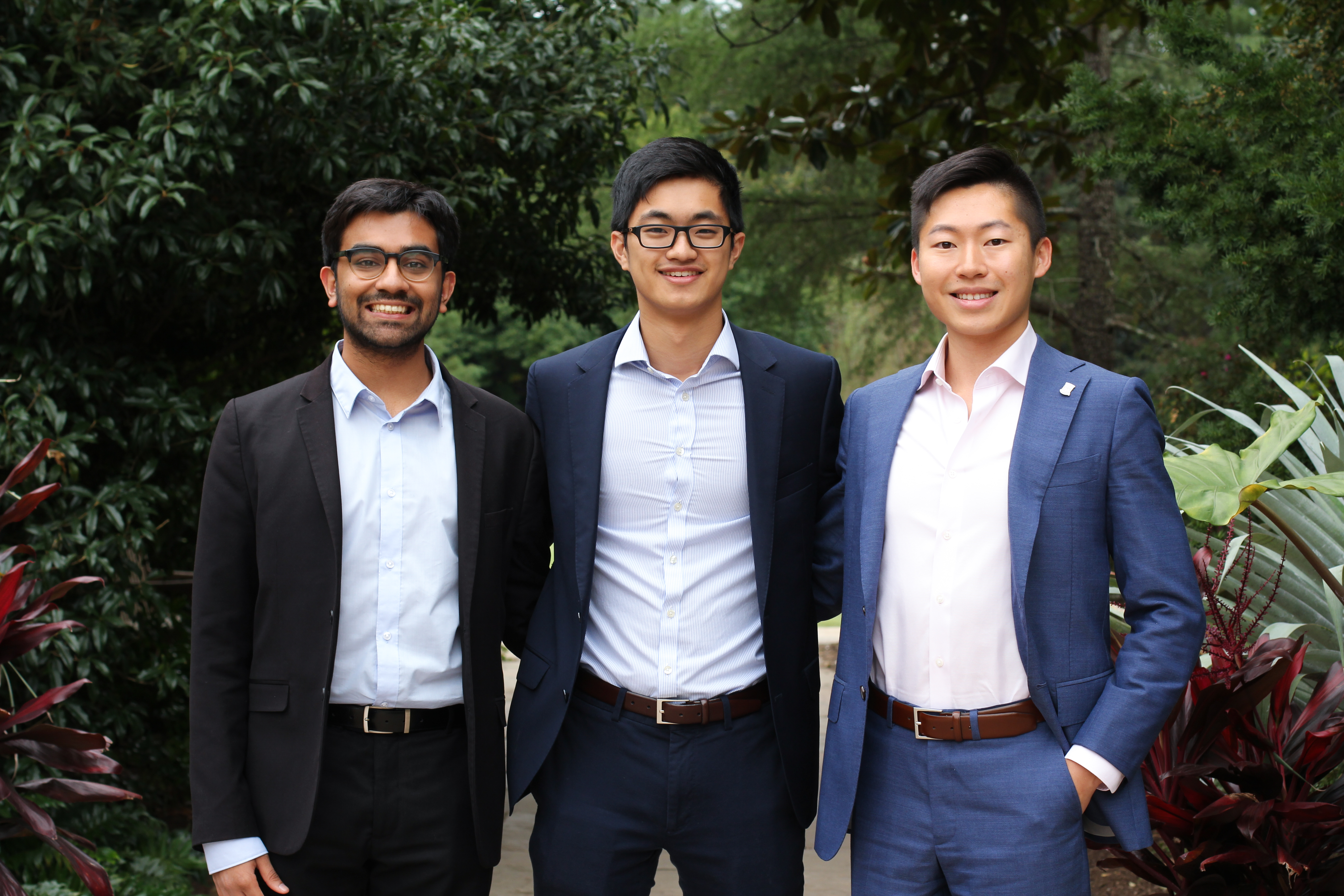This piece is brought to you in partnership with Duke Impact Investing Group.
In 2017, two Duke University students saw an opportunity gap for peers interested in using business as a tool for change. At the time, no outlet existed for students at the undergraduate level to pursue impact investing. Those interested in the space either had to wait to begin their professional careers or create their own educational plan.
Taking matters into their own hands, senior Helen Lu and then-sophomore Michael Tan created Duke Impact Investing Group (DIIG). Since then, the group has amassed a team of over 60 student analysts, researchers and data scientists.
Students in the organization gain access to client-facing experiences, an educational curriculum fully supported by Duke University’s Innovation and Entrepreneurship Department, and soon, experience managing a fund.
One of DIIG’s first priorities was to create an educational program to support the unmet needs of students interested in impact. For the past three semesters, the group has offered a university-recognized half-credit course on impact investing basics, led by three student instructors from Duke Impact Investing Group.
The student instructors are advised by DIIG’s advisor Matthew Nash, with whom they developed the course’s syllabus and selected relevant course readings to support in-class discussions.

Nash serves as managing director of social innovation at Duke Innovation & Entrepreneurship Initiative, a division that provides resources for students, faculty and alumni to turn impactful ideas into action. DIIG’s other advisors include Eric Savage, president and co-founder of Unitus Capital, and Isaac Fraynd, a deal flow manager at the sustainable aquaculture investment fund Aqua-Spark.
For the first time this year, students in the course will have access to CASE Smart Impact Capital, an online toolkit produced by Duke’s Center for the Advancement of Social Entrepreneurship (CASE) and used by professional investors.
“It’s not a simulation, but a real-life application,” Nash told Karma. “It’s real-life decision-making opportunities that really allow them to learn what theoretical classroom-based learning or simulated learning simply doesn’t allow.”
Also for the first time this year, DIIG students will manage a legitimate fund. Duke University’s administration has committed $100,000 for the organization to create a student-led vehicle for early-stage, impact-driven companies.
“It’s real-life decision-making opportunities that really allow them to learn what theoretical classroom-based learning or simulated learning simply doesn’t allow.”
The sum is the largest amount entrusted to an undergraduate-managed group in the 181-year history of Duke University, according to Saheel Chodavadia, who helped secure the fund for DIIG.
DIIG is finalizing the fund’s structure and strategy. Once completed, the student group will pursue its first investment, in which the members will complete all of the steps of a traditional investment, from due diligence to deployment.
“They’re going to be looking for real impact. Not just window dressing. And they’re going to look for ventures that are making a difference in the world,” Nash said. “That matters to young folks.”
During his 14 years at Duke, Nash says that he has seen “a tripling, if not quadrupling” of student interest in impact investing and sustainability — a testament to the determination of the next generation of impact investors.
Nash sees the education aspect as the most powerful part of Duke Impact Investing Group and notes that it fits into Duke’s “historical legacy.”
Duke University was home to the late Greg Dees, widely recognized as the pioneer for social entrepreneurship as an academic topic. As Duke Impact Investing Group works to continue that legacy, investors, potential employers and entrepreneurs can gain an exciting glimpse into what’s next for the field of impact investing.
“It’s a unique window into a younger investor that [professionals] might not otherwise encounter, who might help them think about the future of their business,” Nash said.
Duke Impact Investing Group is a strategic partner of Karma.






















